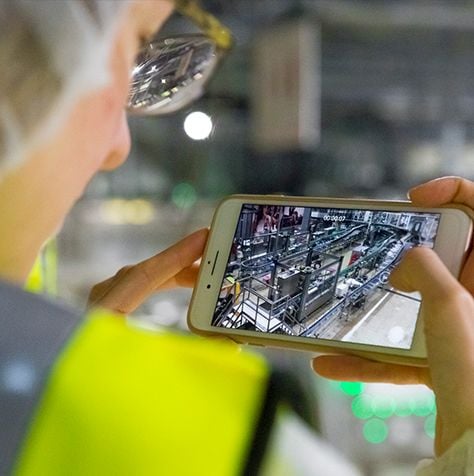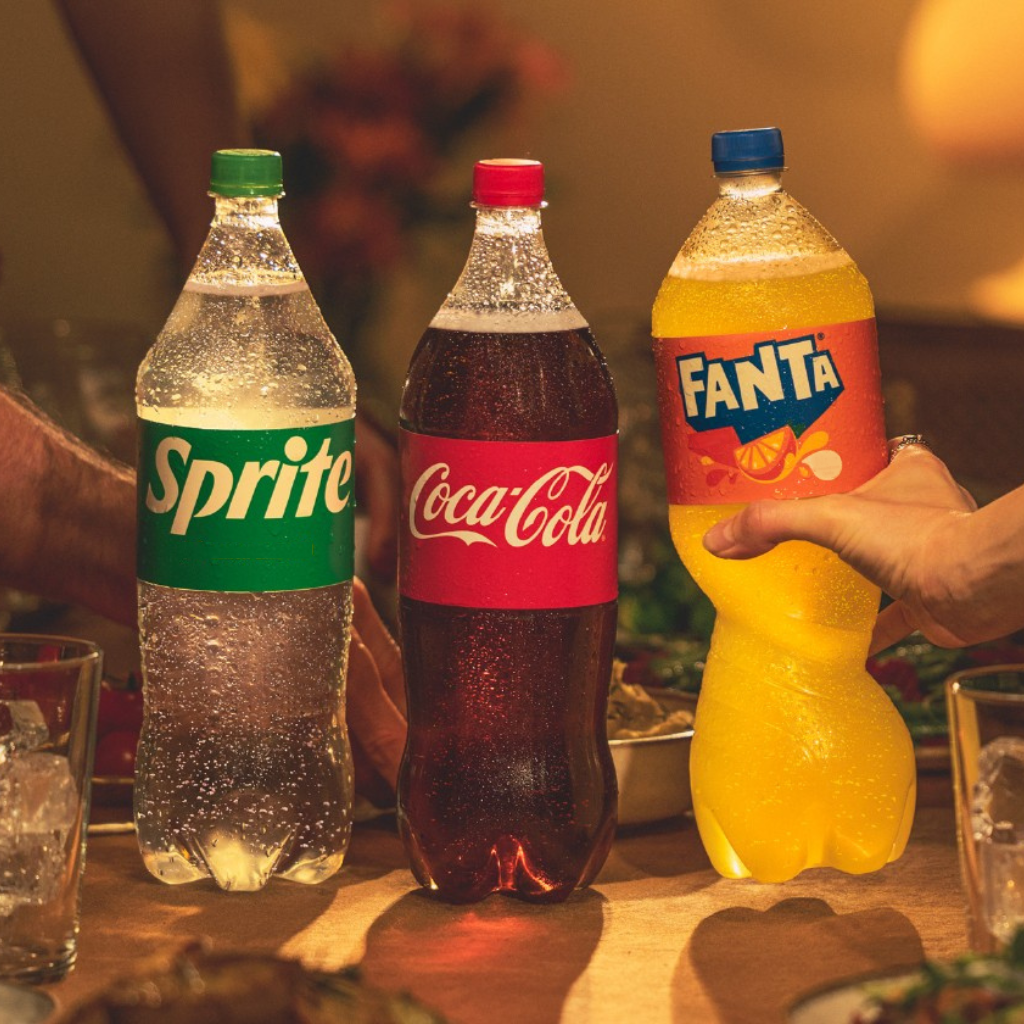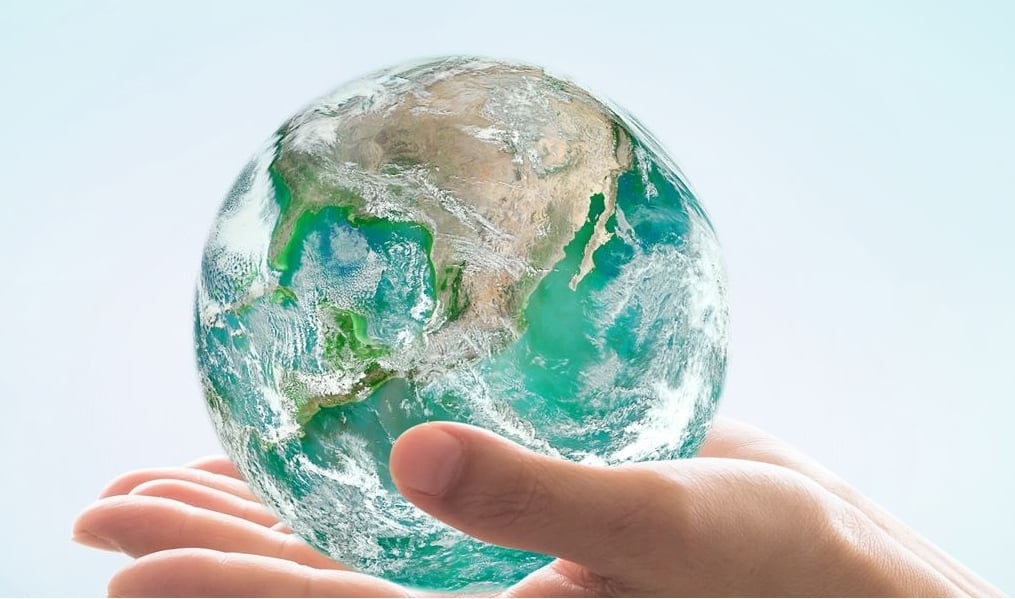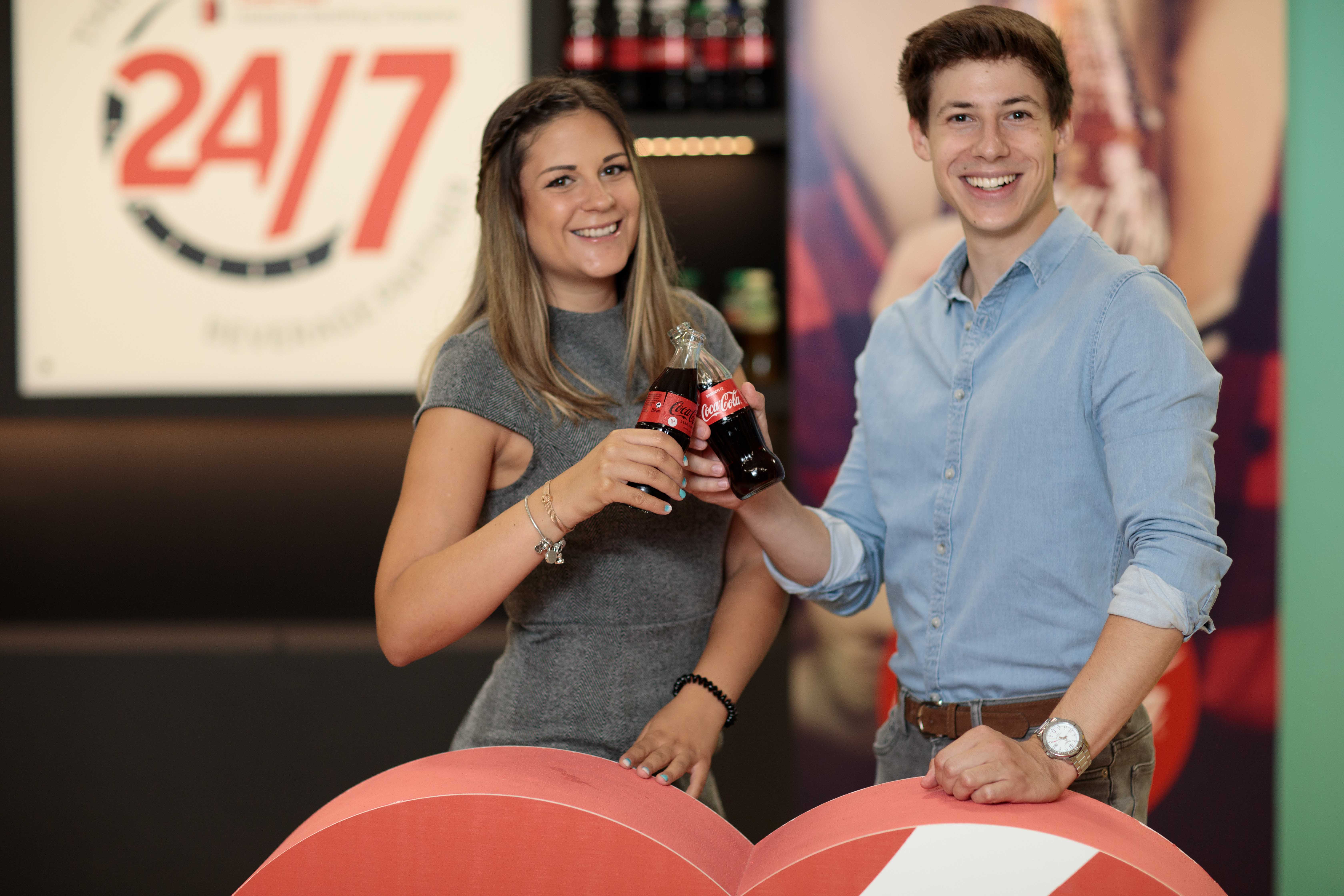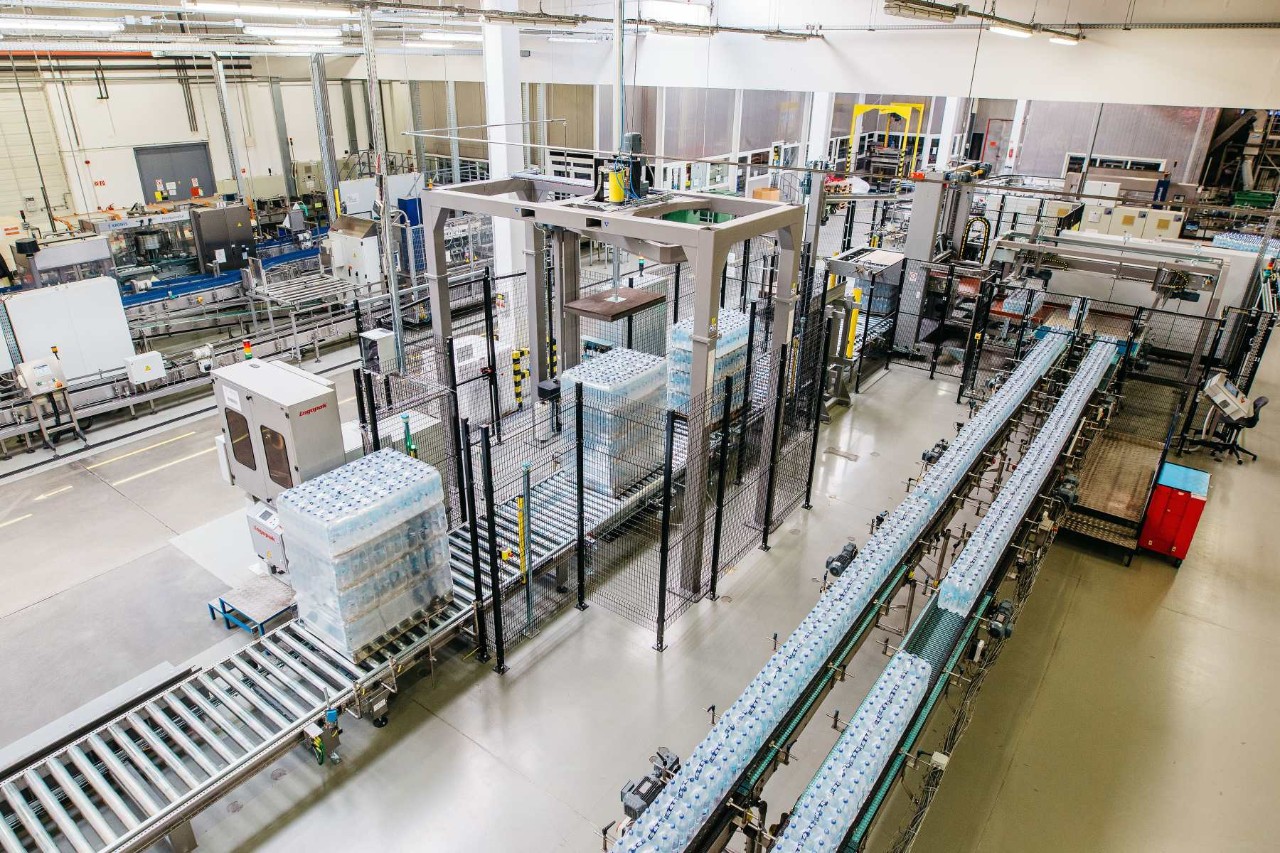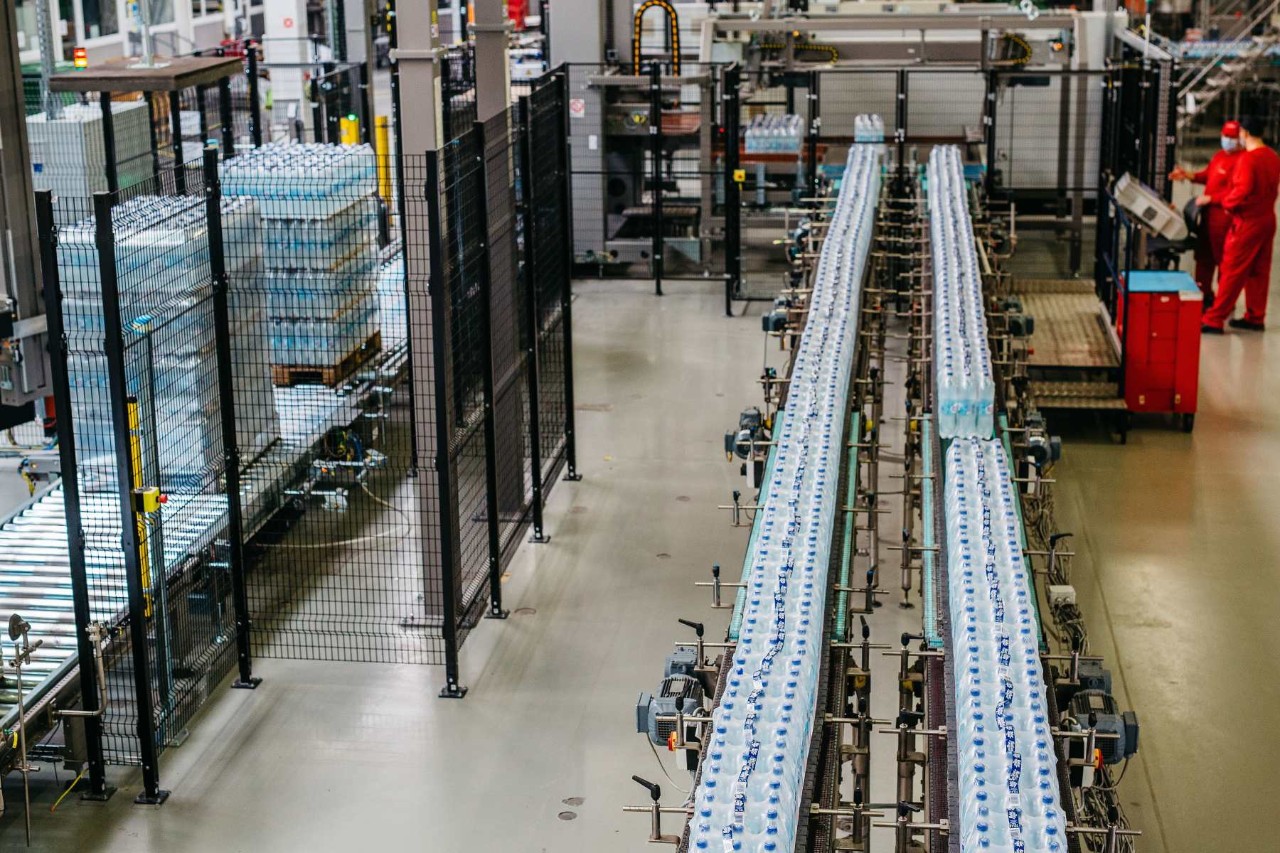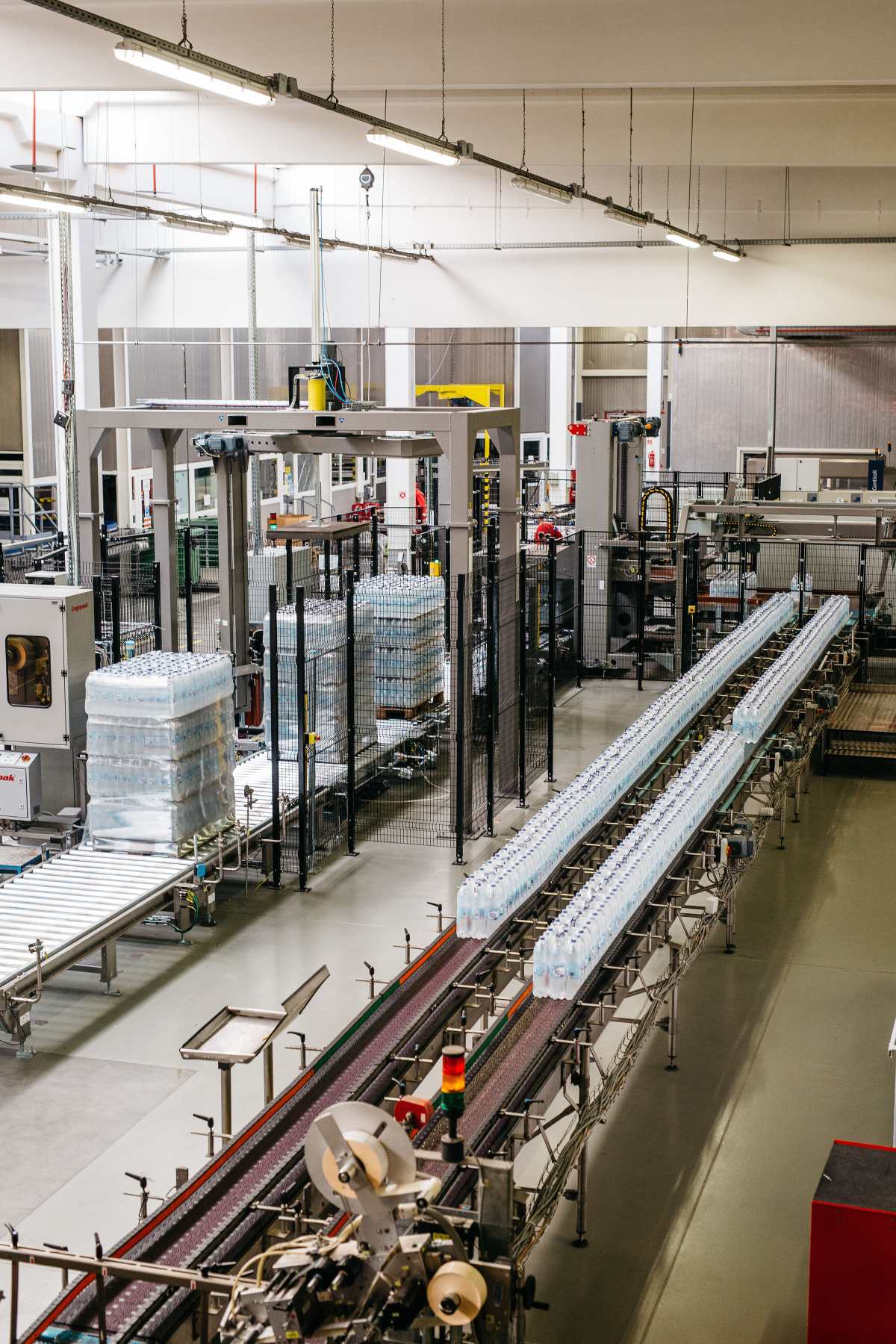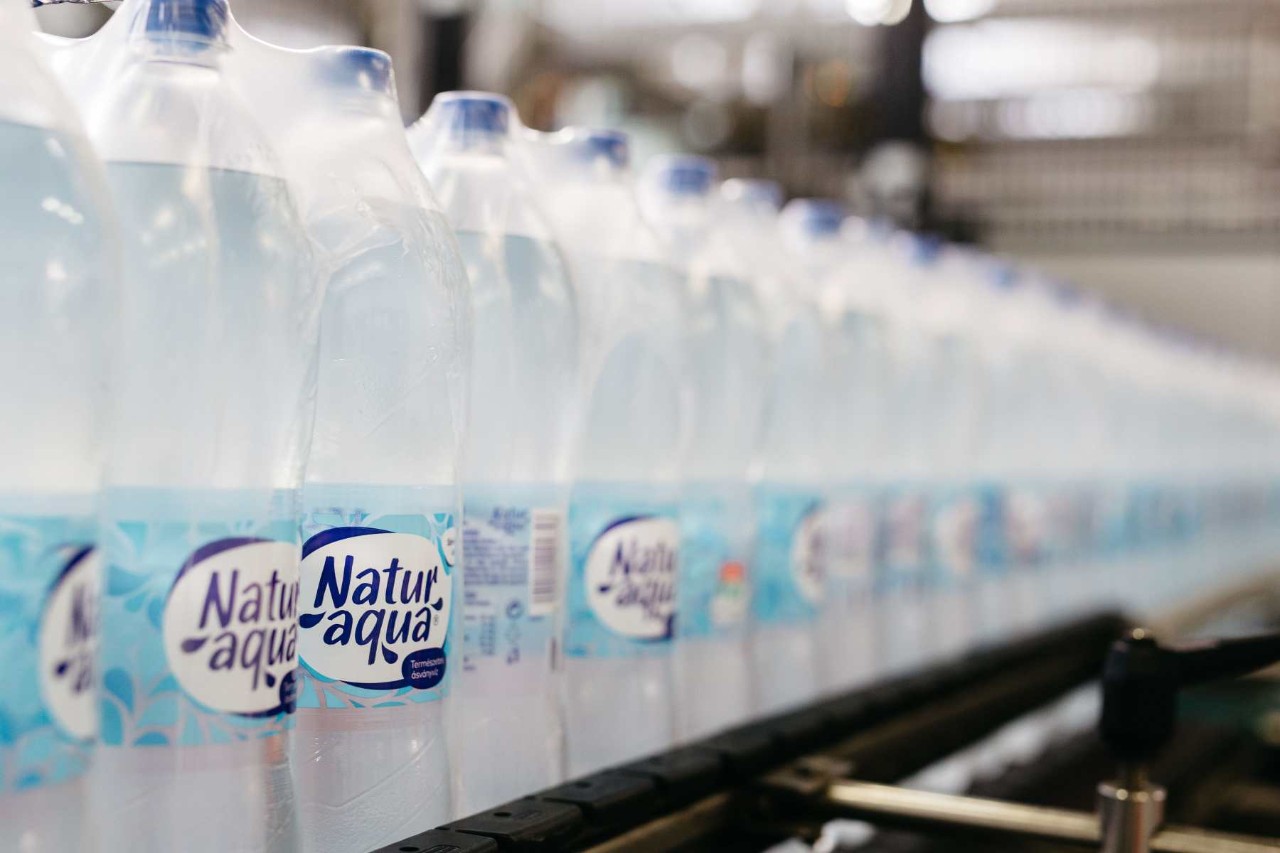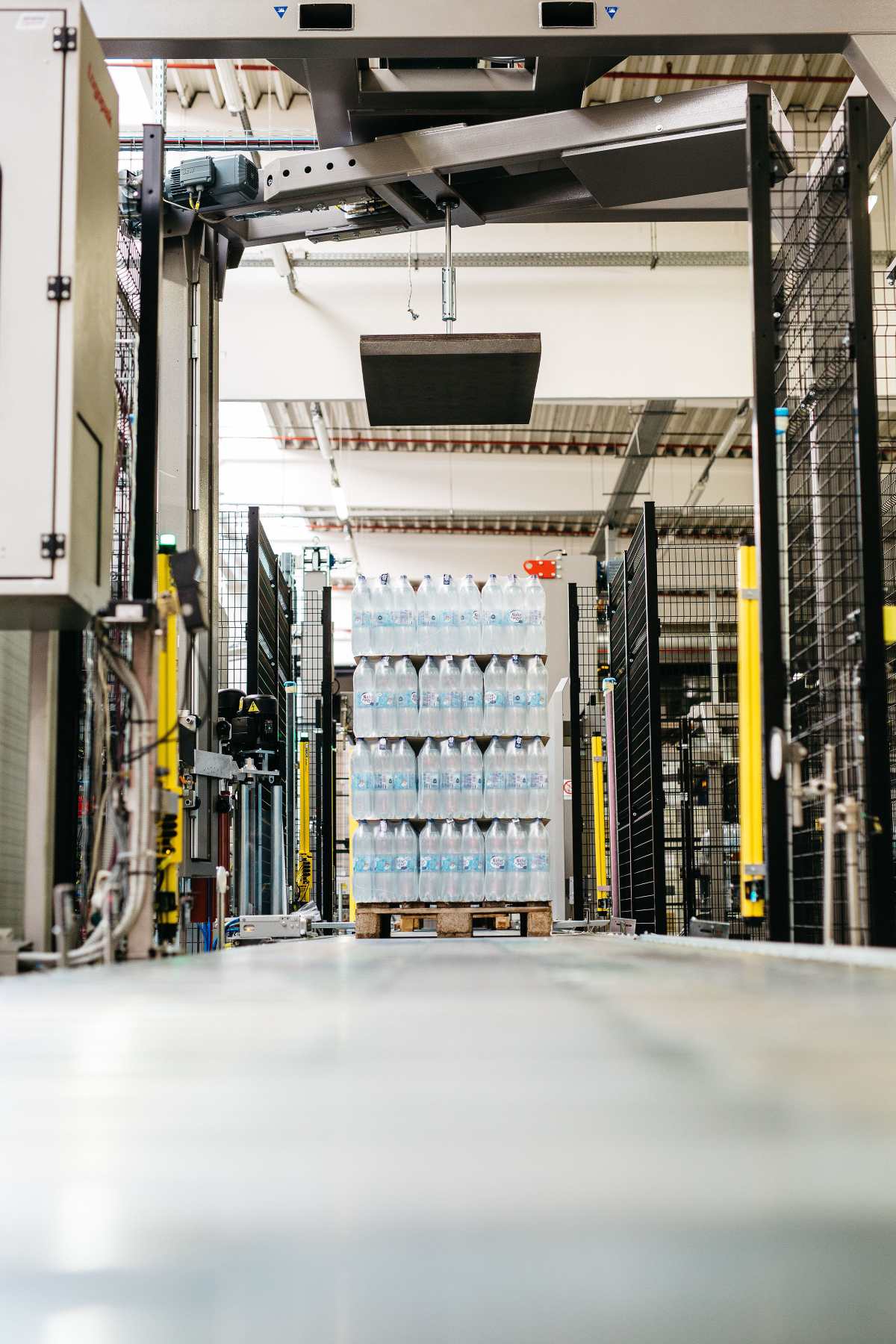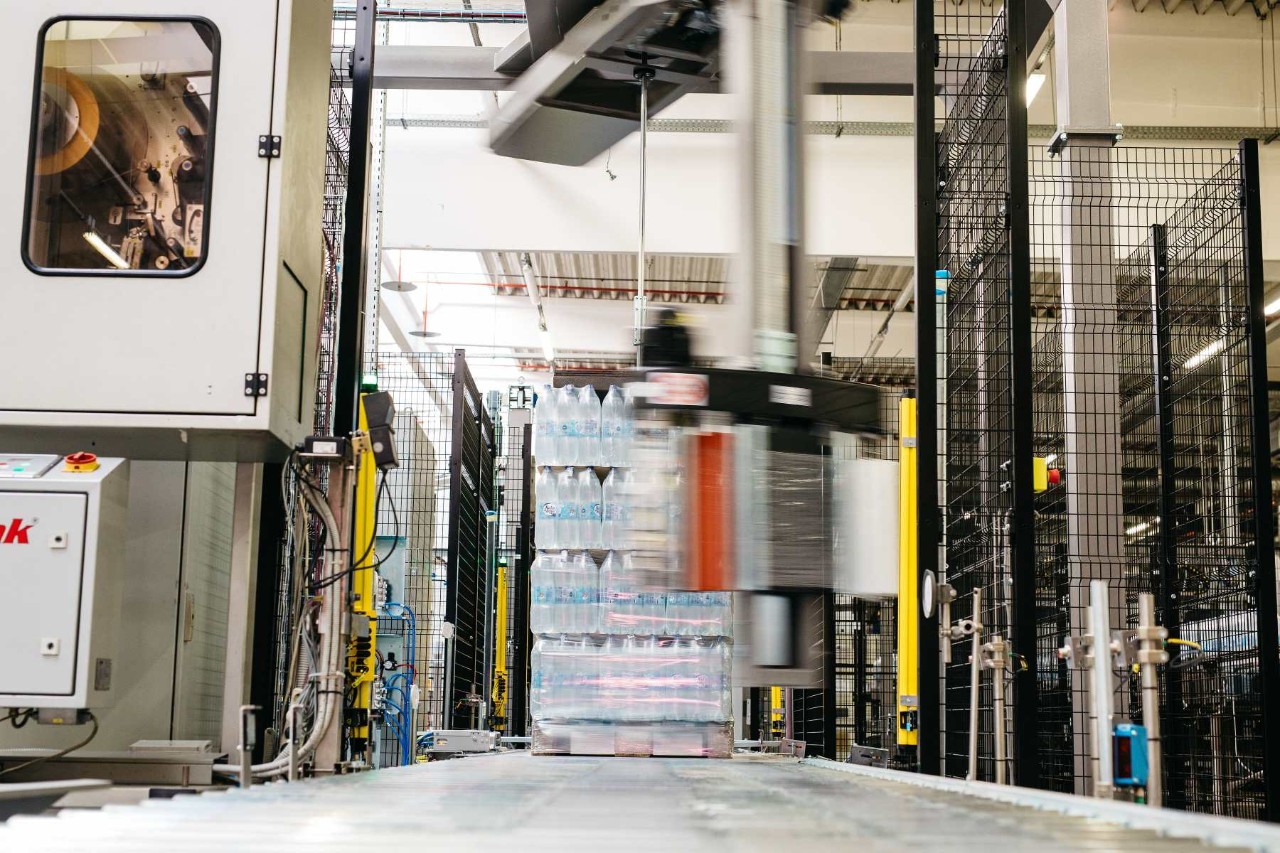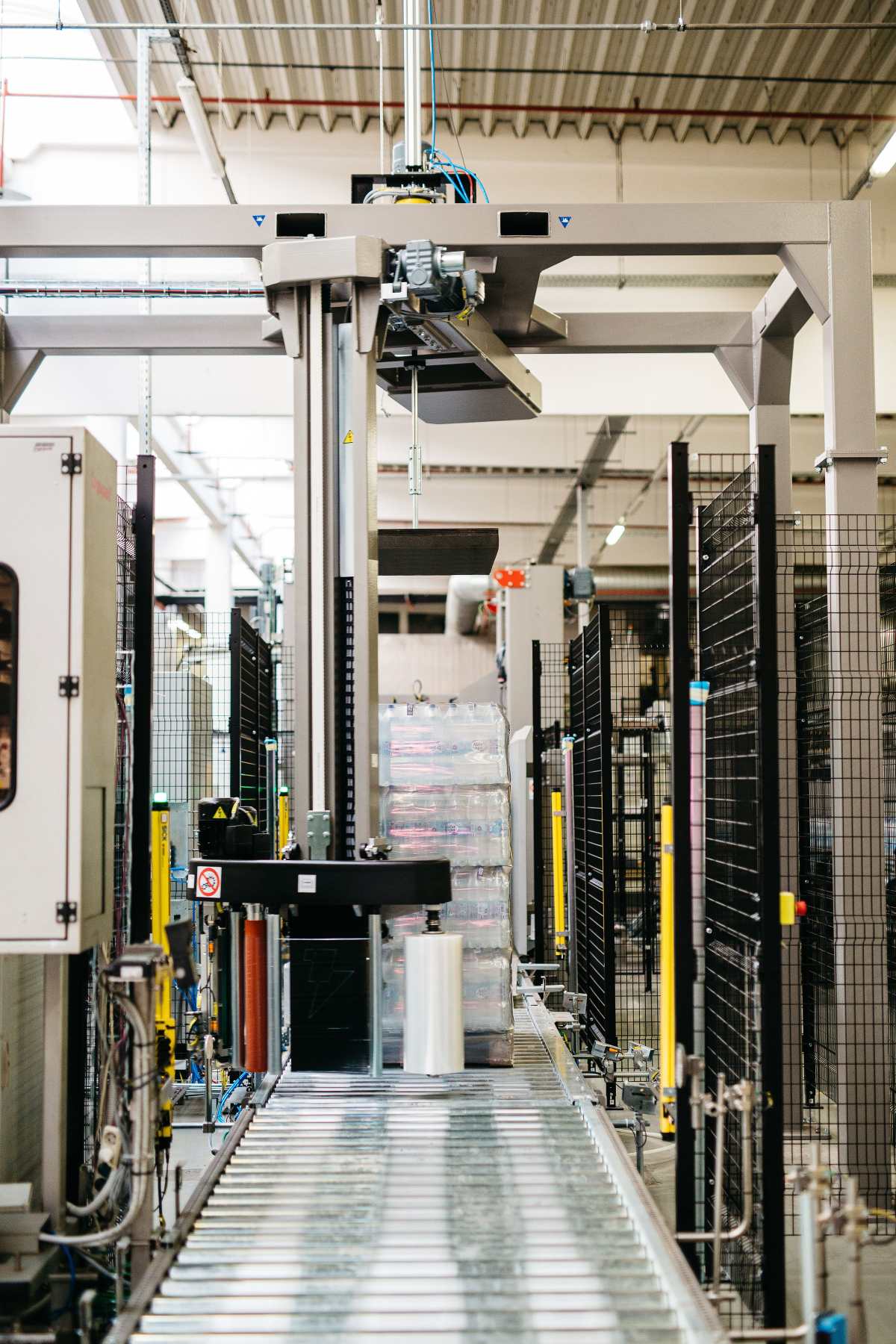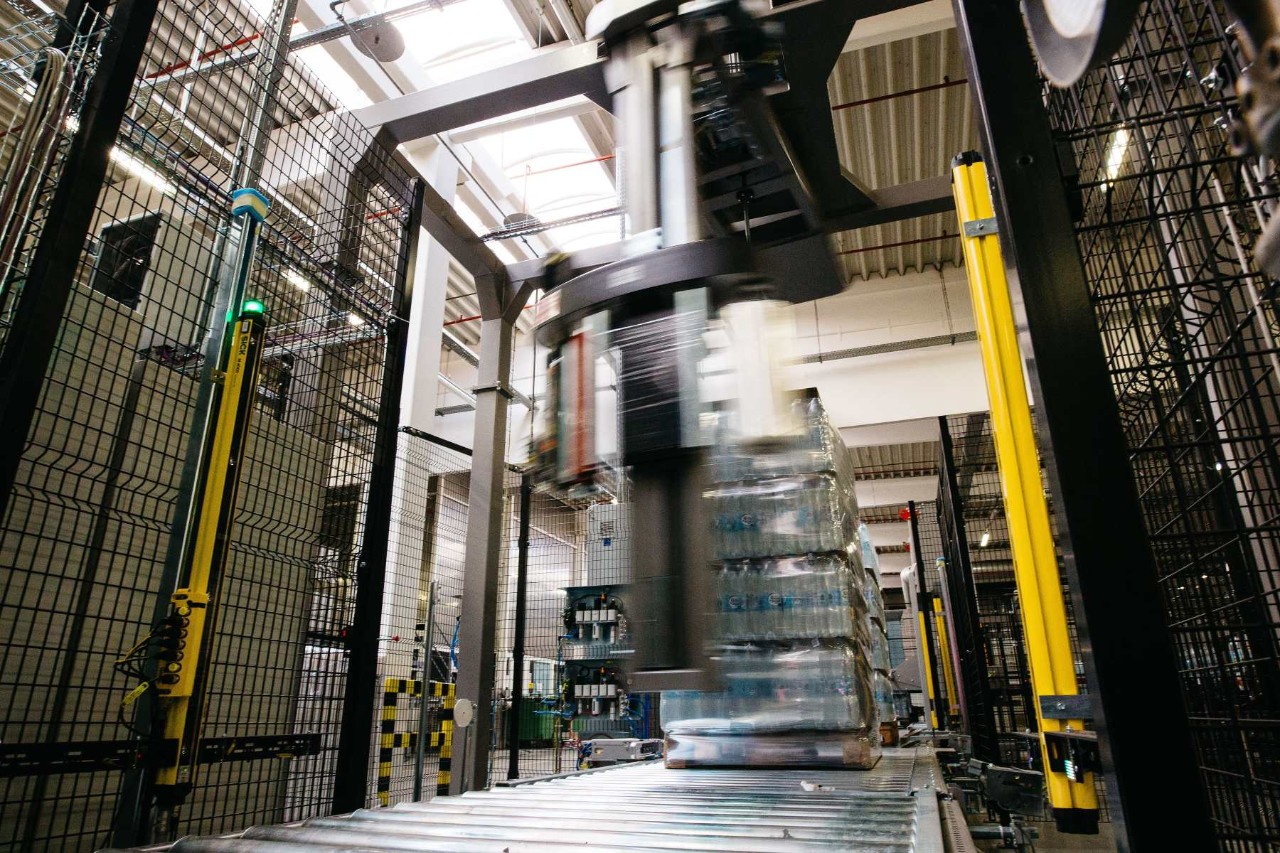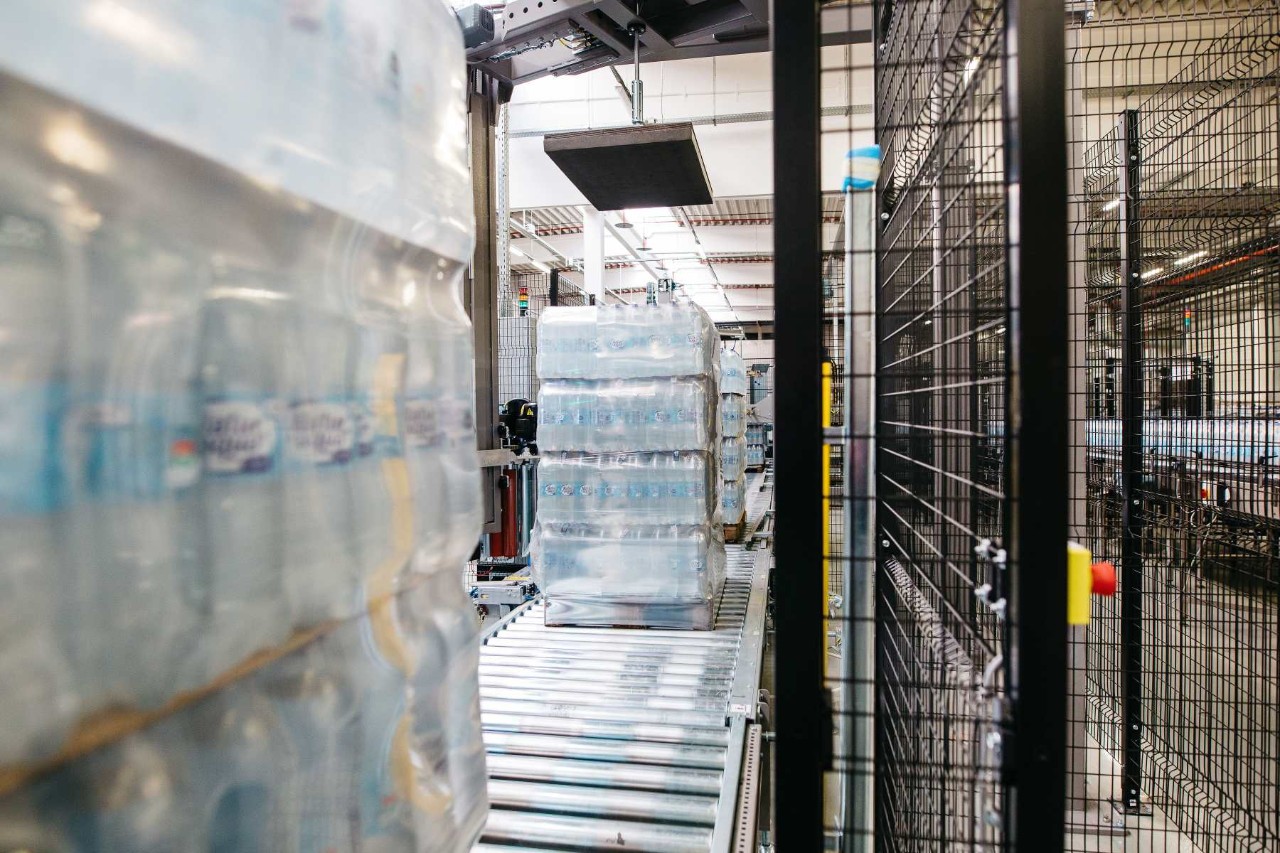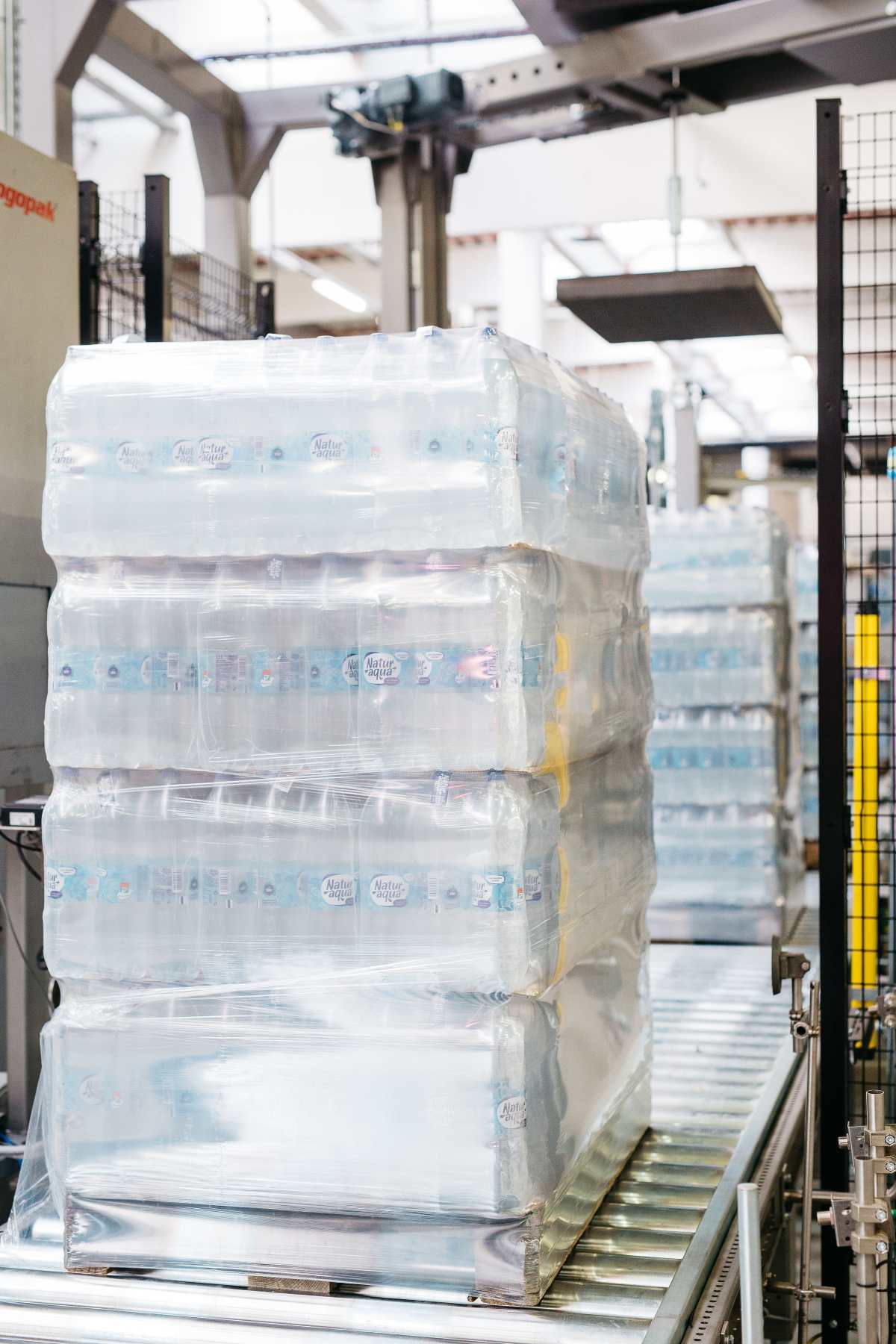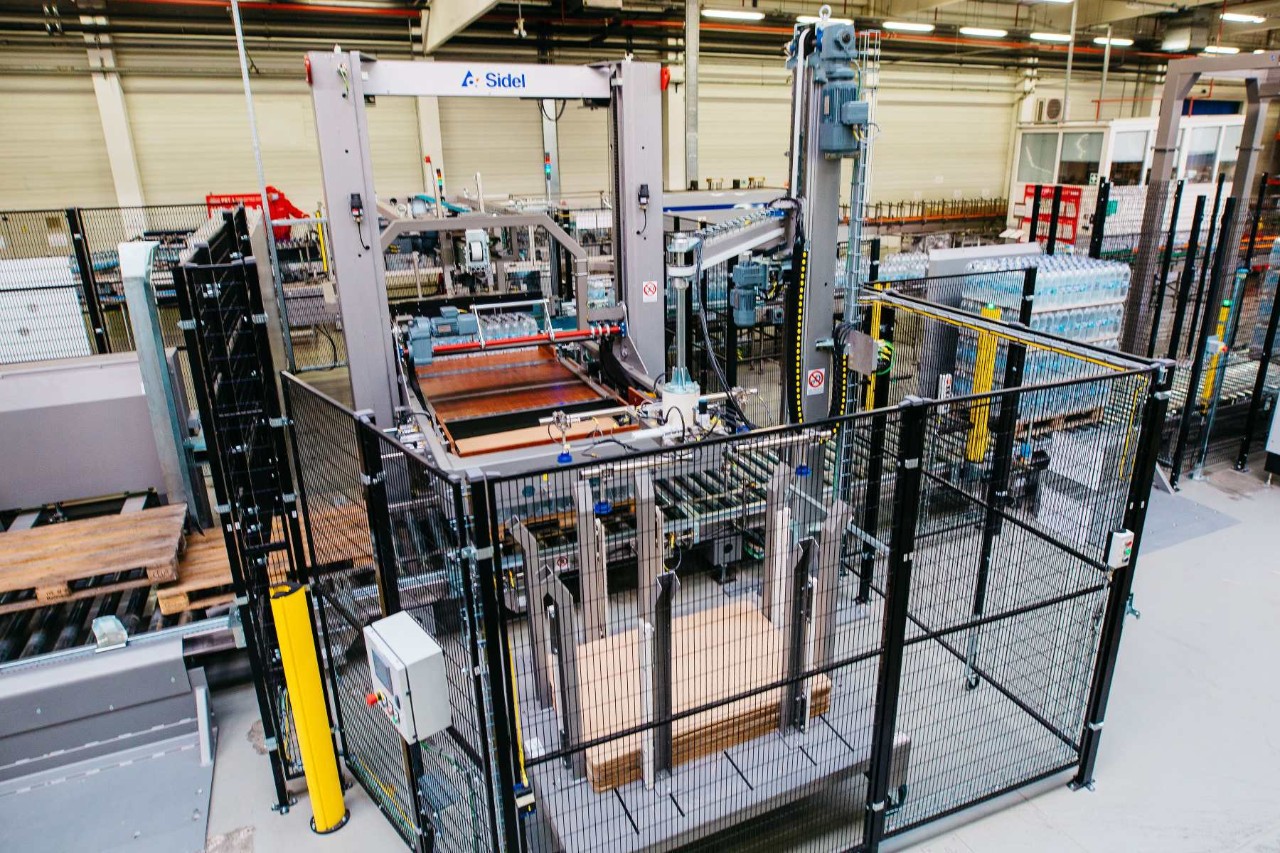Coca-Cola HBC Hungary has expanded its mineral water bottling capacity at its Zalaszentgrót plant with an investment worth nearly HUF 300 million. In addition to increasing capacity, the recently completed investment contribute to the more economical and more flexible operation of the Zalaszentgrót plant, which serves consumer needs even better, as well as the company's sustainability efforts.
The capacity of the production line has increased by 20 percent with the investment; the Zalaszentgrót plant can now bottle up to 1.9 million litres of mineral water per day. Due to the recently completed development, the amount of specific energy used in Zalaszentgrót will decrease, which means that the company has taken another important step to reduce its ecological footprint.
As part of the bottling production line’s capacity increase, the company has also upgraded its packaging line, which wraps packs of products placed on pallets with foil to ensure their safety during logistics processes. In parallel with the development and in addition to the 6 and 12 bottles of shrink-foiled products used so far, the company also introduced a pack of 24 bottles for half-litre, non-carbonated NaturAqua products.
Following a greenfield investment, the bottling plant in Zala started production in 2002. The Coca-Cola Hellenic Group has invested HUF 12.8 billion in Zalaszentgrót over the past 18 years. The company bottles NaturAqua, its natural mineral water brand, in carbonated, mildly carbonated, and non-carbonated versions, as well as its flavoured NaturAqua Emotion products. The water is extracted from a 685 meters deep spring and was filtered for 14,000 years resulting a balanced composition. GLACEAU Smartwater has also been bottled in Zalaszentgrót since 2018. Smartwater’s main ingredient is the mineral water of the company's Zalaszentgrót bottler, from which a particularly clean and fresh-tasting drink with added electrolytes is created during a production process that recreates cloud formation. Prior to Hungary, only the UK and the Netherlands has used the technology needed to produce smartwater in Europe.

